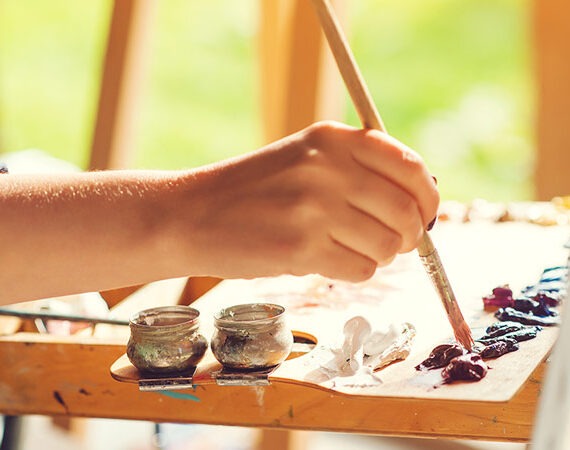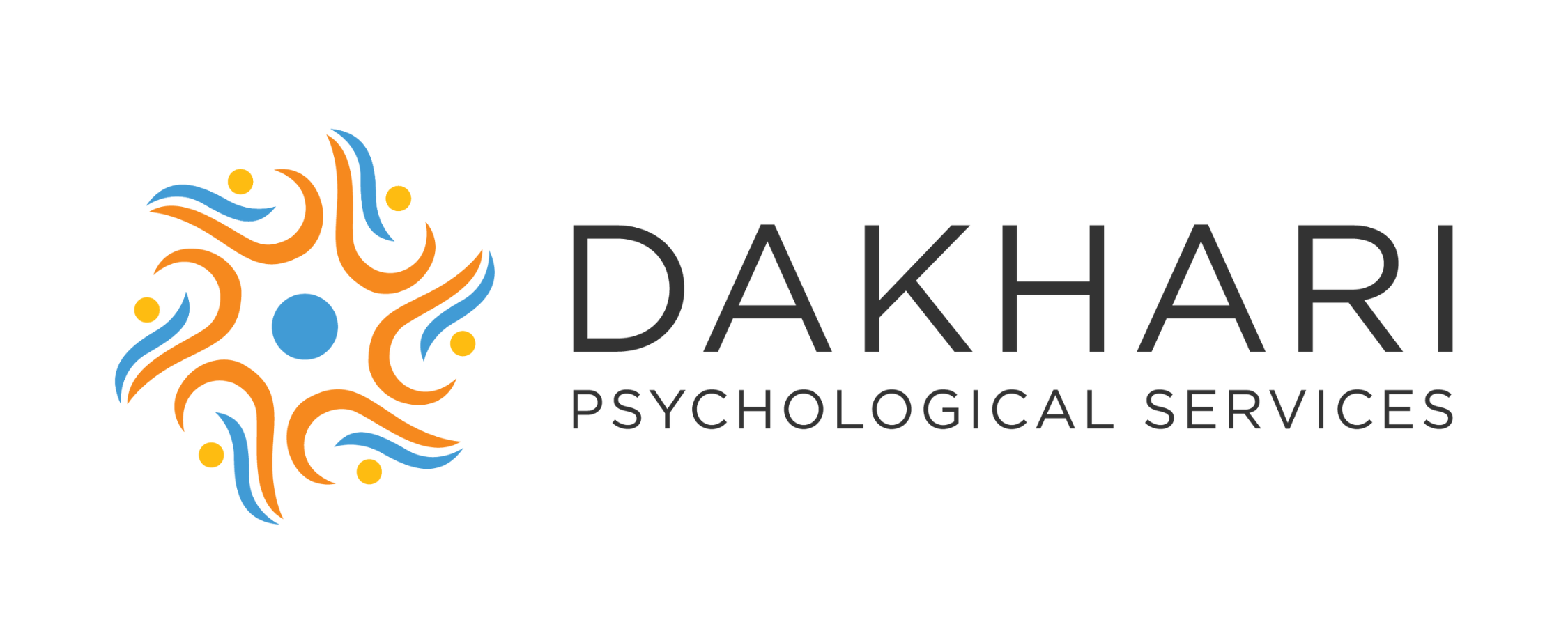At Dakhari Psychological Services, we embrace the power of creativity across generations, guiding you on a journey of self-discovery and resilience. Our trained therapist uses a variety of art materials to facilitate communication and foster personal growth, tailored to suit your needs, whether you’re grappling with anxiety, depression, trauma, grief, or seeking self-exploration.

